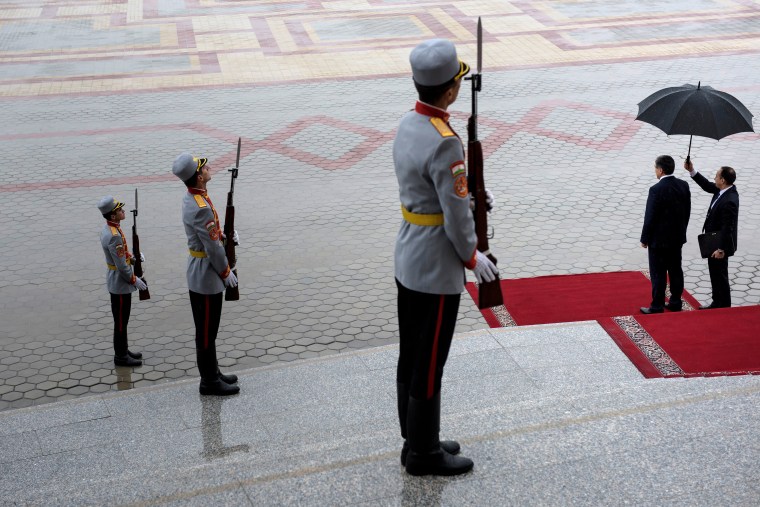New York, June 30, 2020 – Tajikistan President Emomali Rahmon should not ratify proposed legal amendments that would threaten free expression in the country, the Committee to Protect Journalists said today.
On June 26, the country’s National Assembly, its upper house of parliament, unanimously approved amendments to the country’s administrative code making it illegal to “[disseminate] false information about the pandemic in media, internet and social networks,” according to media reports. Those convicted could face fines and up to 15 days in administrative detention, according to those reports.
According to an excerpt of the measures published in media reports, the amendments do not specify how the government would determine whether a report is false.
The amendments have been passed to President Rahmon, who can ratify them or send them back to the parliament for modification, according to the parliament’s website.
“The proposed amendments to Tajikistan’s administrative code are a clear license for authorities to expand censorship efforts in the name of fighting the COVID-19 pandemic,” said CPJ Europe and Central Asia Program Coordinator Gulnoza Said. “President Emomali Rahmon should not approve the proposed legislative amendments and should stop this crackdown on the press and social media.”
Individuals convicted under the proposed measures could be fined 580 to 1,160 somoni ($56-112), and legal entities such as news outlets could be fined 8,700-11,600 somoni ($844-1,124), according to a report by the Tajik-language service of the U.S. Congress-funded broadcaster Radio Free Europe/Radio Liberty.
Nuriddin Qarshiboev, the head of the National Association of the Independent Mass Media of Tajikistan, a local trade group, told CPJ over the phone that the amendments were “a repressive step that will limit freedom of receiving and spreading information” and said the vague phrasing could empower authorities to crack down on the press in the run-up to the country’s presidential elections later this year.
The amendments were previously approved in the legislature’s lower house, the Assembly of Representatives, on June 10, according to the body’s website.
CPJ emailed the parliamentary and presidential press offices for comment, but did not receive any responses.
